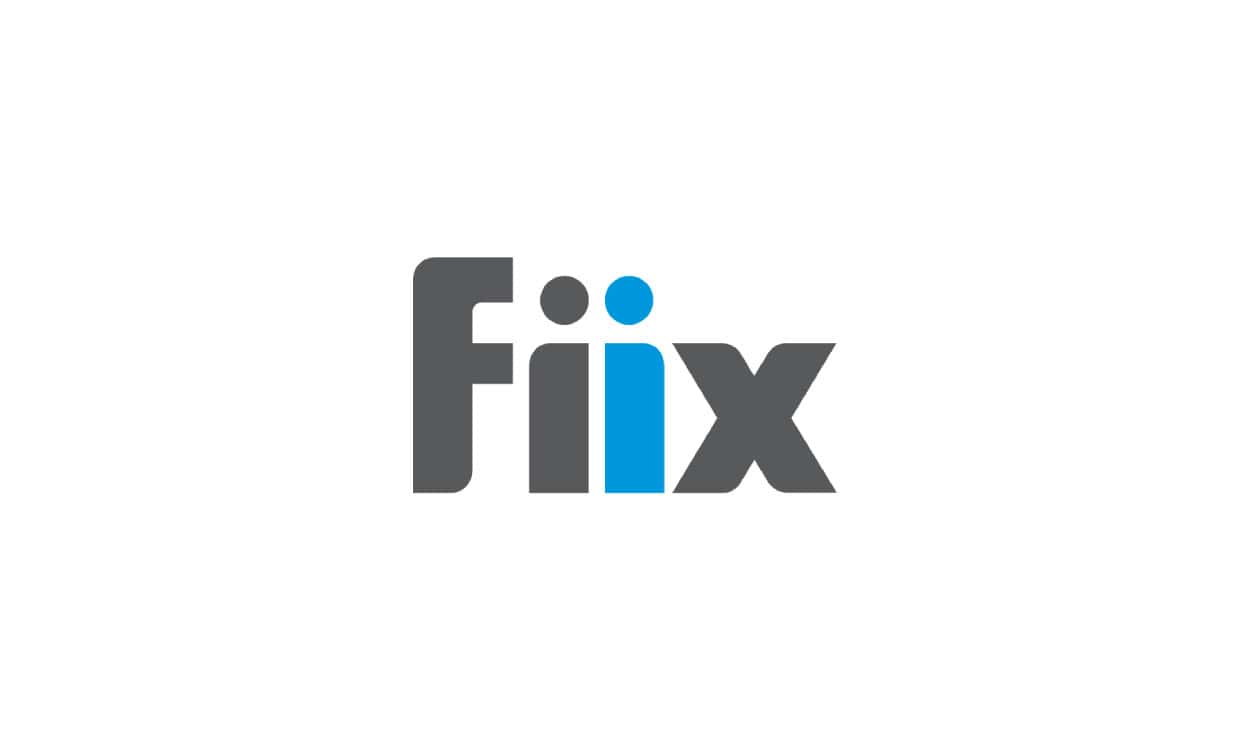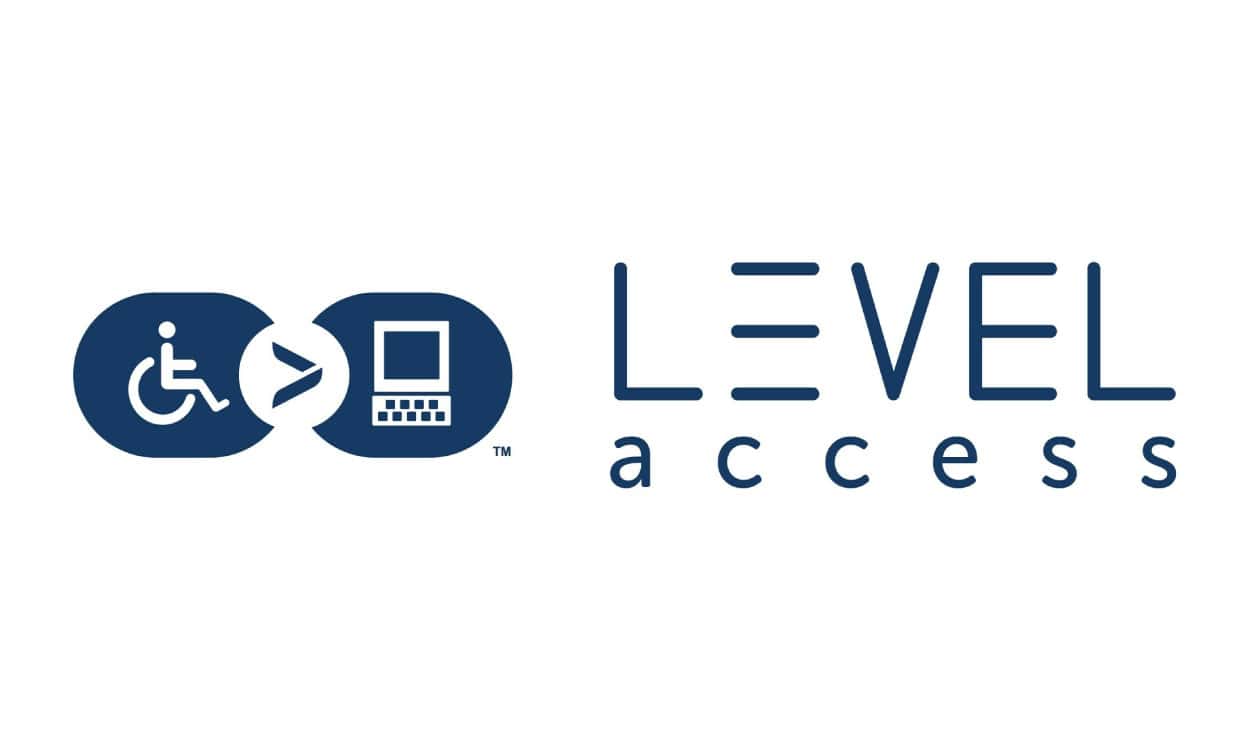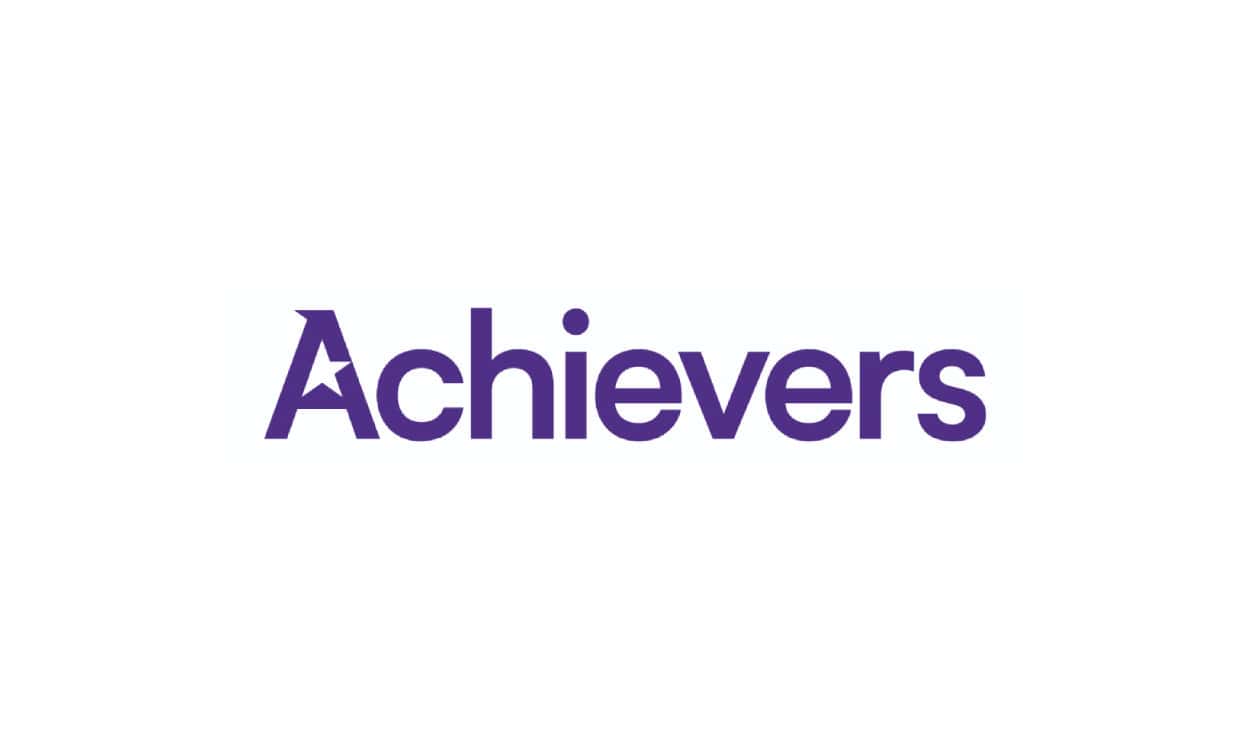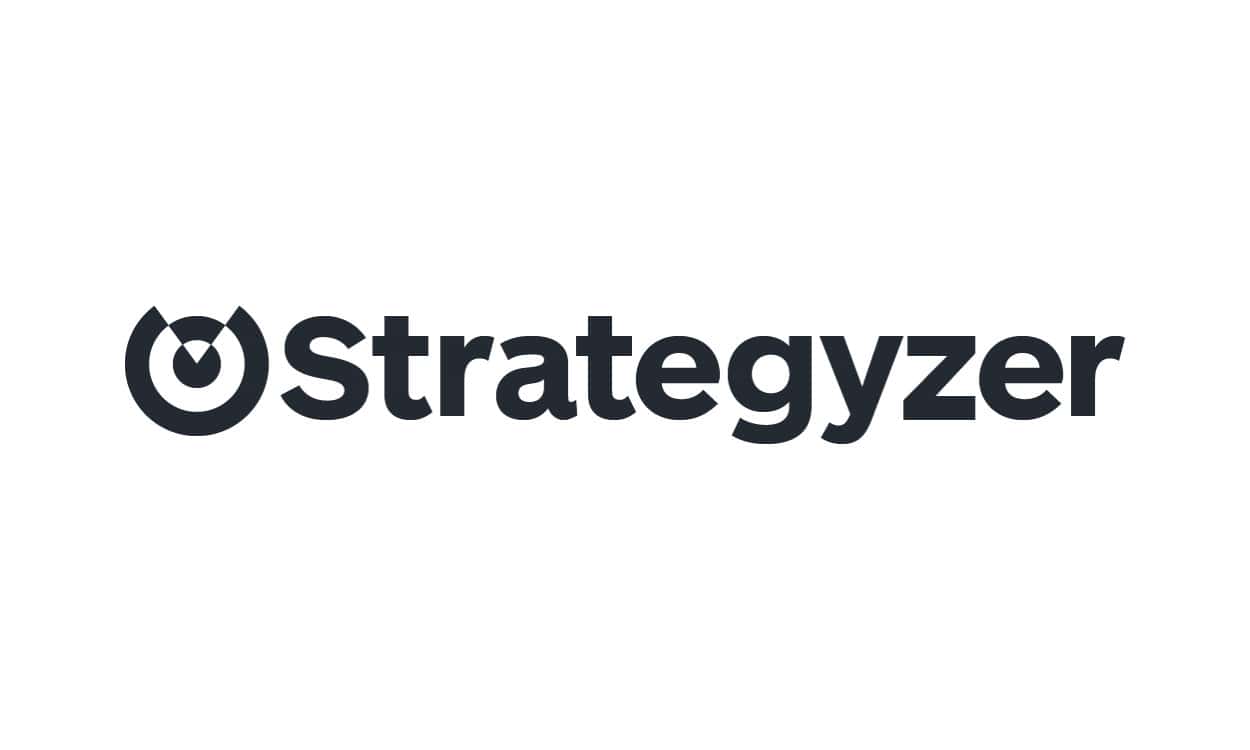We Build Growth Teams
Executive recruiters helping growth stage companies target, attract, and land the game changers in the North American tech scene.
We Build Teams that Drive Growth
Our mission is to help software and technology companies scale from startup and early-stage to successful enterprises by helping them build strategic teams that drive growth and revenue.
Over the past 20+ years, we have built a robust network of the most highly rated Product Management, Sales, Marketing, Customer Success & Engineering leaders in the North American tech scene. The game changers and thought leaders building winning teams, transforming functions, and driving growth.
Our niche tech executive recruitment focus, market insights and track-record allows us to better target and attract top candidates and deliver higher ROI than generalized recruiting firms.
We take pride in facilitating growth and helping to shape the landscape of North America’s most innovative technology companies. We view our client relationships as partnerships — we are invested in your long-term success and excited to help you carry out your strategic vision.


Roger Barlow
CEO & Co-Founder
Join Thousands of Satisfied Tech Companies and Candidates Today
Book a Consult
Talk with us about your company’s growth plans and hiring needs.
Browse Jobs
See the opportunities we’re recruiting for right now.
Stay Connected
Get job opportunities, career advice and more right to your inbox.
Follow Us
Get the latest updates from our team of recruiting professionals.


Erin McLean
SVP, Marketing & Human Resources
Build a Team
Make a Move


Robert Chen
Co-Founder & Chief Strategy Officer











